Born lost. Take over the world and still lost
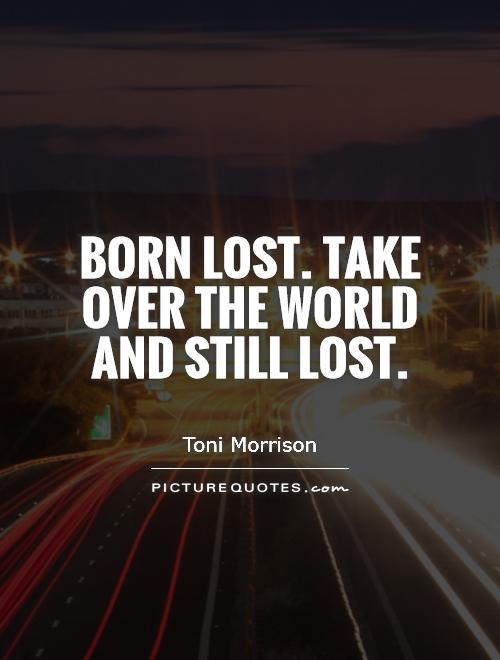
Born lost. Take over the world and still lost
Toni Morrison, the renowned American novelist, once famously said, "Born lost. Take over the world and still lost." This powerful statement encapsulates the themes of identity, belonging, and the search for meaning that permeate much of Morrison's work.In Morrison's novels, characters often grapple with a sense of displacement and disconnection from their roots. They may achieve success, power, and recognition in the world, but still feel a profound sense of emptiness and longing for something they cannot quite name. This existential crisis is a central theme in many of Morrison's works, including "Beloved," "Song of Solomon," and "The Bluest Eye."
One of the most striking examples of this theme can be found in Morrison's novel "Song of Solomon." The protagonist, Macon Dead III, known as Milkman, embarks on a journey to discover his family's history and his own identity. Despite his material wealth and social status, Milkman feels lost and disconnected from his roots. He struggles to find a sense of belonging and purpose in a world that seems to offer him everything but true fulfillment.
Similarly, in "Beloved," the character of Sethe grapples with the trauma of her past as a former slave and the loss of her daughter. Despite her efforts to build a new life for herself and her surviving children, Sethe remains haunted by the ghosts of her past. She is trapped in a cycle of grief and guilt that threatens to consume her, despite her outward appearance of strength and resilience.
Morrison's exploration of the theme of being "born lost" and "still lost" speaks to the universal human experience of searching for meaning and connection in a world that can often feel chaotic and indifferent. Her characters' struggles with identity and belonging resonate with readers of all backgrounds, inviting them to reflect on their own journeys of self-discovery and self-acceptance.





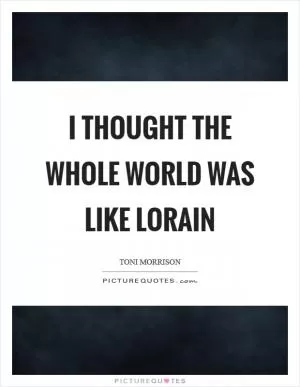
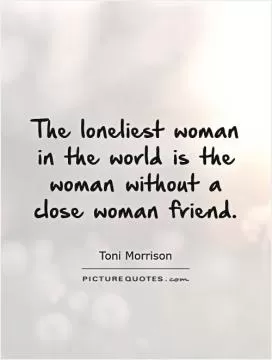

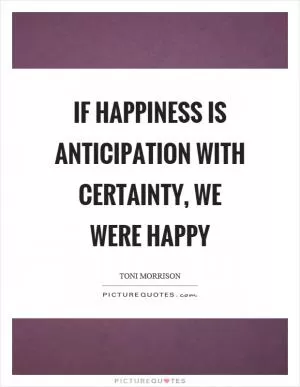


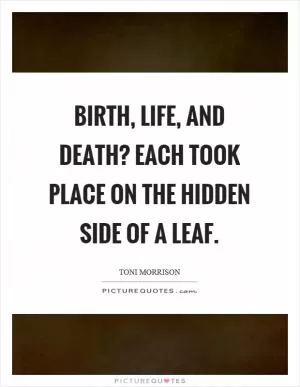
 Friendship Quotes
Friendship Quotes Love Quotes
Love Quotes Life Quotes
Life Quotes Funny Quotes
Funny Quotes Motivational Quotes
Motivational Quotes Inspirational Quotes
Inspirational Quotes